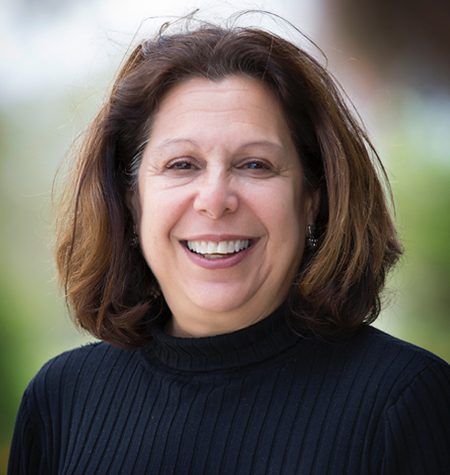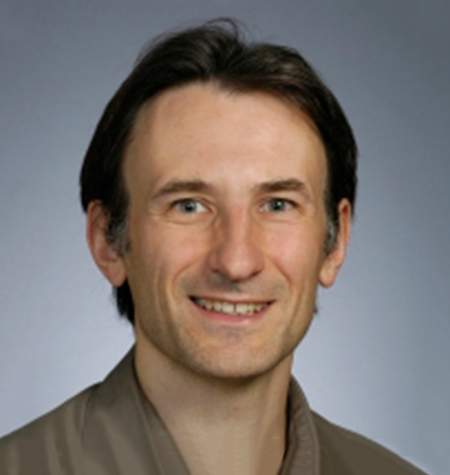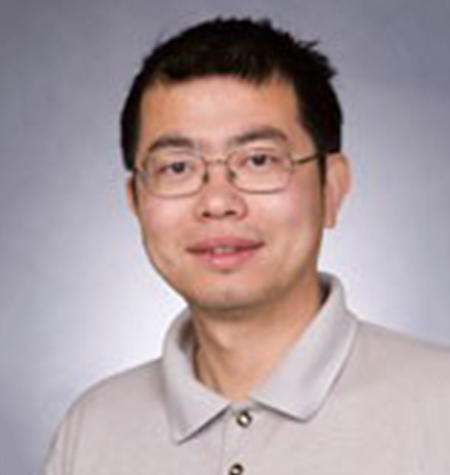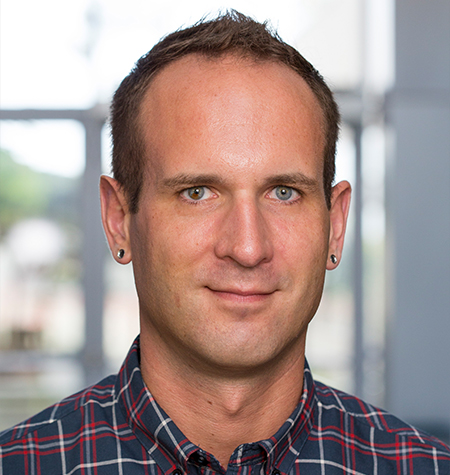2018 American Physical Society Fellows Include Four UC San Diegans
Nearly one quarter of the 155 society members distinguished as 2018 fellows are women, including the university’s Vicki Grassian
Published Date
By:
- Cynthia Dillon
Share This:
Article Content
The American Physical Society (APS) recently announced its 2018 fellowship class with a 77 percent increase in the number of women compared to last year’s class. According to the APS, this is the most women elected as fellows since tracking the number of females nominated and elected began in 2015, when just 13 percent of fellows were women.
“On behalf of the APS, I’m pleased to congratulate all of the society members who have been recognized by their peers through their selection as 2018 APS Fellows,” said APS Chief Executive Officer Kate Kirby. “It’s particularly gratifying to see that so many of the fellows elected this year are women.”
Representing UC San Diego in the 2018 class of fellows are three faculty members from the Division of Physical Sciences and one faculty member from the Jacobs School of Engineering:

Vicki Grassian, distinguished professor in the Departments of Chemistry & Biochemistry, Nanoengineering and at the Scripps Institution of Oceanography, was nominated by the Division of Chemical Physics for groundbreaking contributions in understanding the surface structure and reactivity of environmental interfaces, including carbonate and oxide surfaces, under ambient conditions of temperature and relative humidity and delineating the important role of adsorbed water.

Michael Fogler, professor in the Department of Physics, was nominated by the Division of Condensed Matter Physics for contributions to the theory of electronic and optical properties of two-dimensional systems; in particular, charge-density waves in the quantum Hall effect regime and near-field optical phenomena in van der Waals materials.

Congjun Wu, professor in the Department of Physics, was nominated by the Division of Condensed Matter Physics for research in helical edge liquids of topological insulators, itinerant magnetism, novel states of matter including cold fermions with high symmetries, orbital physics in optical lattices, spinorbit coupled Bose-Einstein condensates and for work on the quantum Monte-Carlo sign problem.

David Saintillan, professor in the Department of Mechanical and Aerospace Engineering, was nominated by the Division of Fluid Dynamics for incisive analysis of suspension dynamics involving complex and active particles and including electrokinetic effects.
“Selection as an APS Fellow is a major milestone in a faculty member's career, showing strong recognition of research accomplishments by peers in physics,” said Dean of Physical Sciences Steven Boggs. “We are proud to have four exceptional awardees this year, showcasing the strength and diversity of physics research across the UC San Diego campus.”
Each year, overall, no more than one-half of one percent of the APS membership is recognized by peers for election to the status of fellow.
“It’s exciting to see the interdisciplinary research profiles of these highly accomplished faculty,” said Albert P. Pisano, Dean of the UC San Diego Jacobs School of Engineering. “Innovation transcends traditional boundaries between disciplines. That’s a fact that rings especially true at UC San Diego, where we recognize the profound value of cross-discipline collaborations.”
The APS Fellowship Program was created to recognize members who may have made advances in physics through original research and publication, or made significant innovative contributions in the application of physics to science and technology. They may also have made significant contributions to the teaching of physics or service and participation in the activities of the APS.
To view the complete list of the 2018 APS Fellows and their citations, or to search all APS Fellows to date, go to the APS Fellows Archive page.
At UC San Diego, our research efforts are designed to change the world for the better—through new medicines, innovative technologies and more that will help address disease, global security, public policy, climate change and more.
Share This:
You May Also Like
Stay in the Know
Keep up with all the latest from UC San Diego. Subscribe to the newsletter today.



